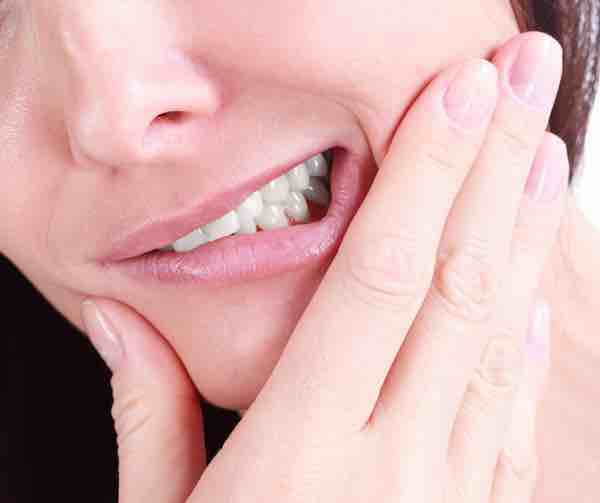Acid Reflux Disease and Your Oral Cavity

By: Dr. Tom Swanlund
For those that live with acid reflux disease, they are all too familiar with the painful burning sensation that occurs when stomach contents come back up into the esophagus. Acid reflux disease otherwise known as gastroesophageal reflux disease (GERD) may also have other symptoms such as; persistent heartburn, hoarseness, difficulty swallowing, bad breath, regurgitation, sour taste in the mouth, and nausea. The high acidity level of the stomach contents has the potential to cause irritation and damage to the lining of the esophagus when reflux occurs. As well, the increased acidity can also affect the oral cavity.
Tooth enamel can start to dissolve at a pH of 5.5. When the acid level increases in the mouth and the pH lowers, the enamel on the teeth can start to deteriorate. If enamel is exposed to a lower pH repeatedly, complete enamel breakdown may occur. Changes in the acidity level in the mouth can occur due to food consumption, decreased salivary flow, eating disorders, medications, and acid reflux. Acid reflux is also common in those who have untreated sleep apnea.
The acid in the stomach has a pH of around 2. When acid comes up the esophagus into the mouth it drops the oral pH and enamel degradation can occur. When this occurs repeatedly the teeth can become eroded, exposing the non-protective inner portion of the teeth.
Symptoms of tooth erosion
- Sensitive teeth
- Teeth that are painful
- Teeth appear darker
- Teeth may become thinner and more translucent
- Sharp edges on the teeth
- Teeth are becoming shorter
The first step is obtaining a diagnosis and treatment from your physician. It is important to find a treatment modality that prevents recurrent acid reflux into the mouth prior to repairing tooth erosion because the repair may not last if reflux continues. Depending on the severity of tooth erosion dental repair may include; fillings, bonding, veneers, and/or dental crowns (caps).
Tips to care for your teeth if you have reflux
- Do not brush your teeth after a reflux episode, wait at least 60 minutes because this can move the acid around.
- After a reflux episode rinse with water or use a sugar-free antacid.
- Use non-abrasive toothpaste made for sensitive teeth.
- Avoid mint flavored oral products as it has been shown mint can relax the stomach valve and may allow reflux to occur.
- See your dentist on a regular basis to monitor your oral cavity.